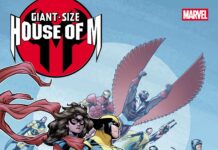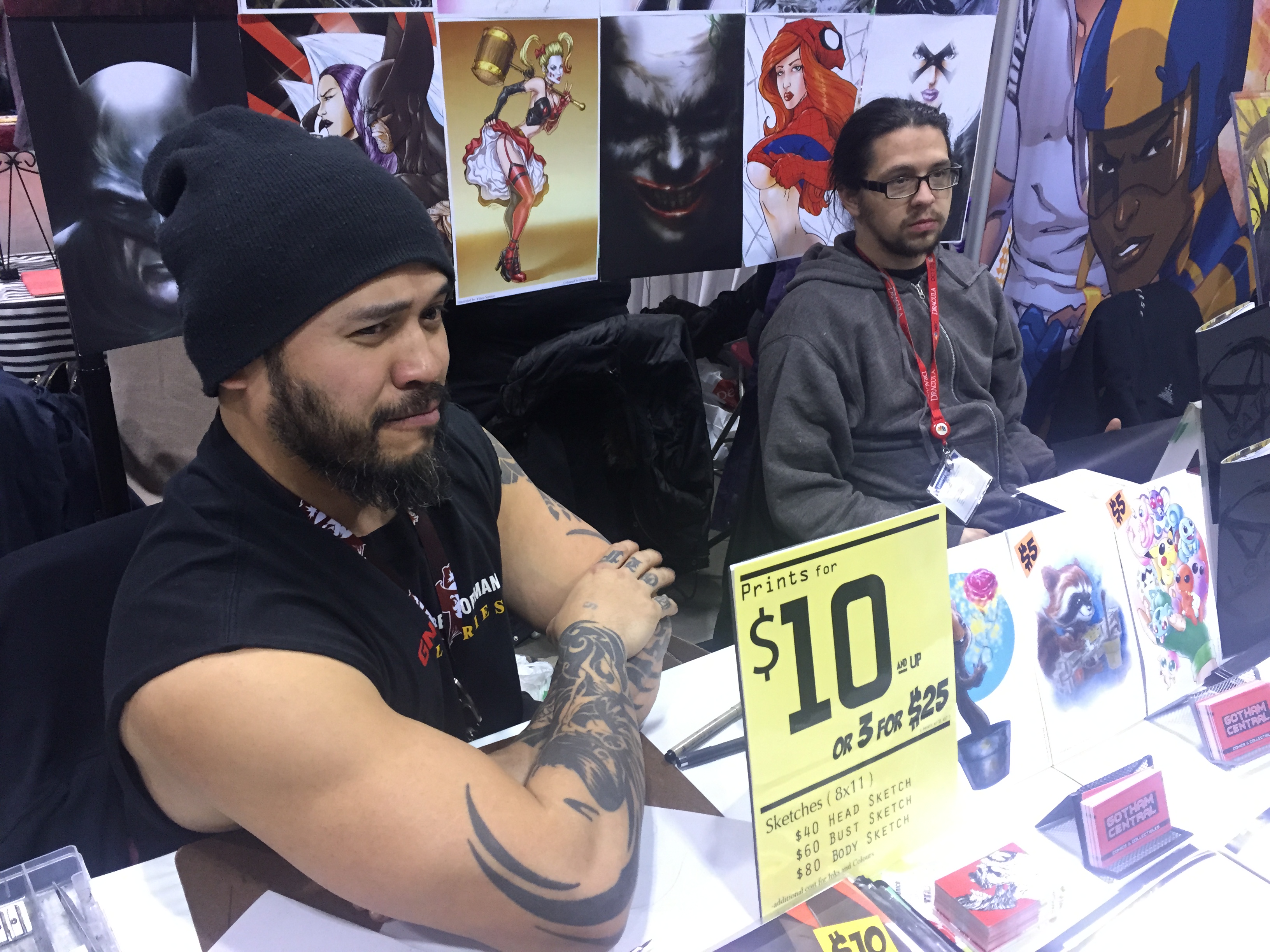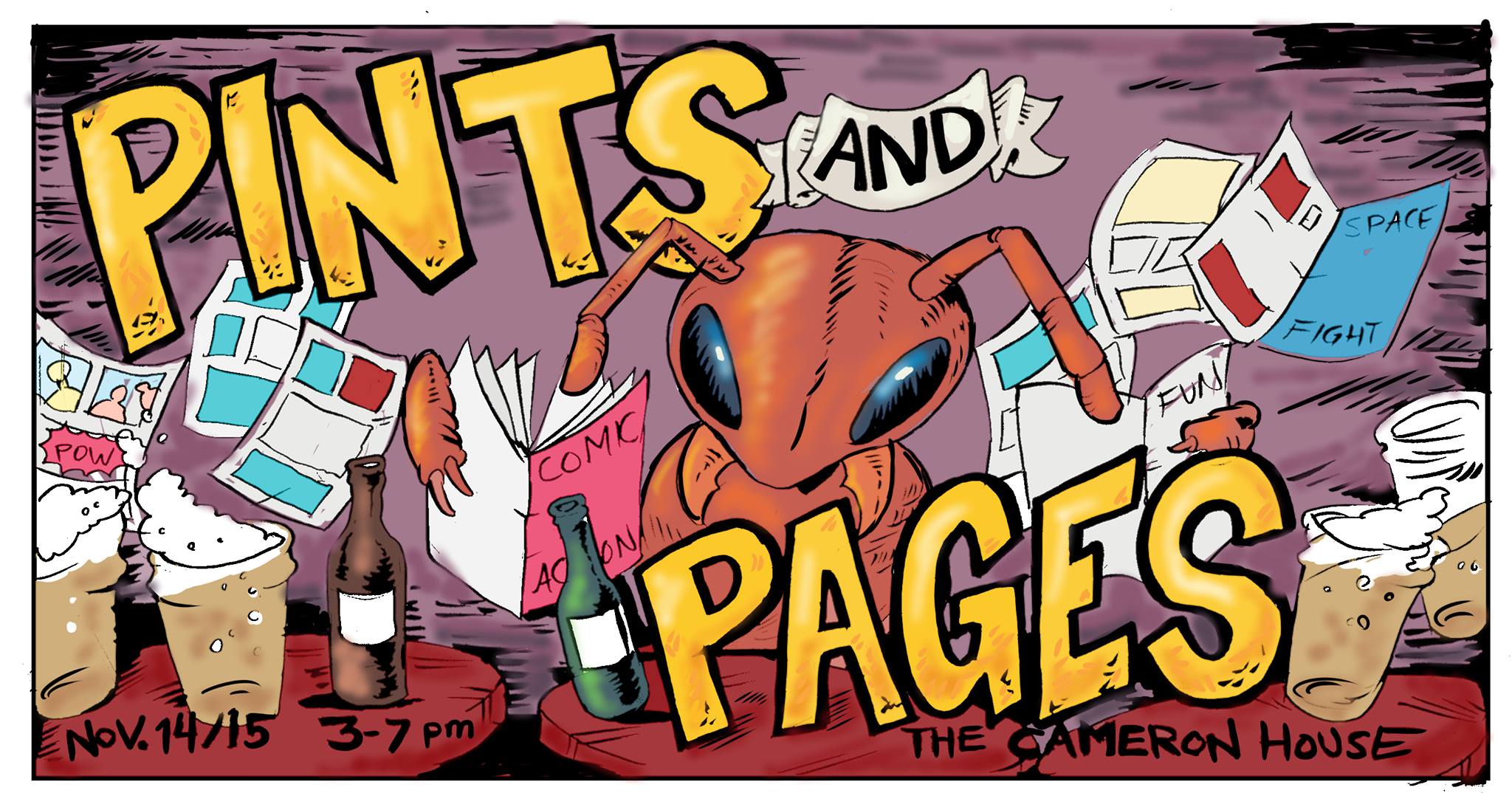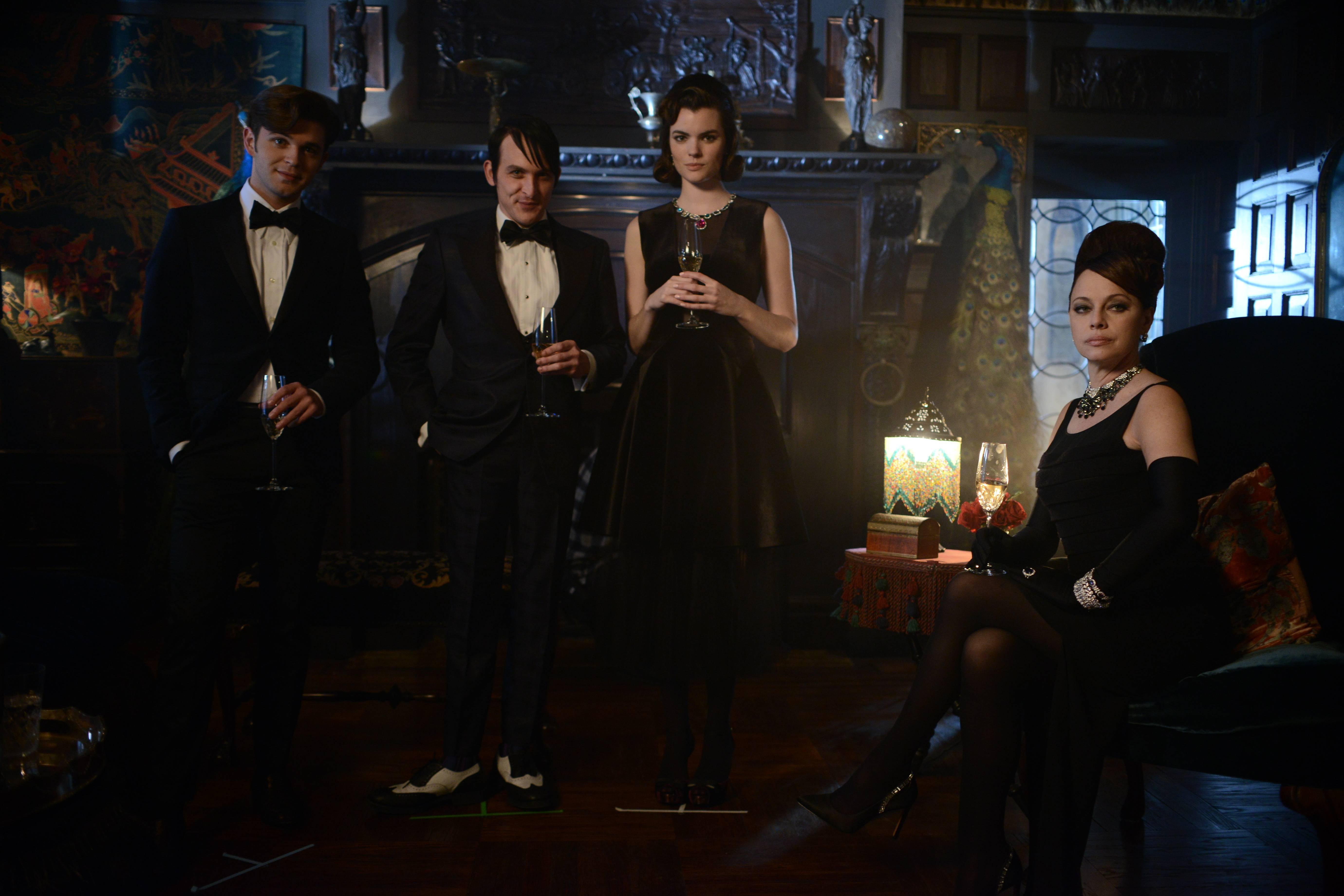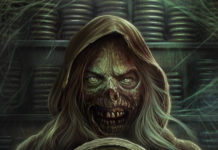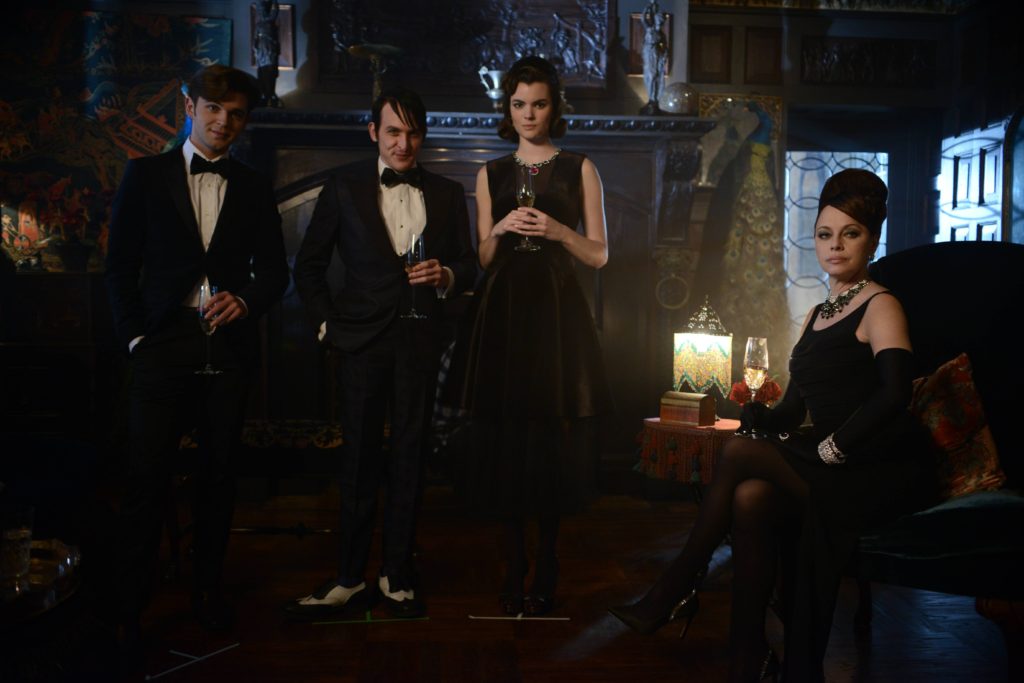 “The me I am now is kind of hitting his stride.”
“The me I am now is kind of hitting his stride.”
Gotham is a show that is consistent in its inconsistency, a mish-mash of subplots and character motivations that might as well have been planned by throwing darts on a board. To paraphrase Obi-Wan Kenobi, there’s no force that binds the show together. Four episodes into the second half of the season and whatever mojo was gained at the winter finale has dwindled. The pieces aren’t a cohesive whole; it’s similar to constructing something with bits and bobs of various Lego sets. They can be slammed together but the finished product is clunky. Without sounding too critical, the second half of season two had dedicated a lot of time on subplots that lack any greater meaning and seemingly have no payoff. The Mr. Freeze story was wonderful and it looked like Gotham hit its stride, but it came and went without further mention. The Penguin subplot is rather Sisyphean, and in the middle of all this Gordon’s struggle of going against that what he values is lost in the shuffle.
I know what you’re thinking; why continue to review Gotham if it’s so terrible? One, the bosses have a large thug behind my writing desk to “encourage” me, and two, I think the show has potential but keeps putting itself into this position. Throughout the 1 ½ seasons there have been a plethora of characters paraded about on a pace akin to a squirrel on Red Bull. While season one was a baddie of the week procedural, season two was supposed to appeal to the more episodic. However, characters come and go at the expense of interesting stories. It’s as if the episodes have become a string of pilots with never ending exposition, narrative arc set up and character introduction. If Gotham were an MLB team they would have already filled their 25 man roster WAY before the deadline.
While “Mad Grey Dawn” jumps around quite a bit, it does succeed by getting back to Gordon’s story. Various subplots aside, this season’s focus has always been about Gordon keeping Gotham safe and cracking under the pressure of that Herculean task; a task that veered over the line and saw him kill Galavan out of a sense of vigilante justice. “Mad Grey Dawn” shines the spotlight on the consequences of that decision. Unlike previous episodes, this one doesn’t spread itself too thin and there is genuine tension in the revelation that Gordon has met his match with Nygma.
The episode has a sense of urgency and action to it that doesn’t always appear on the show with such momentum. More often than not, the subplots are independent of each other and only get limited time to move its respective story forward, resulting in episodes that are uneven. “Mad grey Dawn”, however, is effective because of a convergence of subplots. Gordon would have likely gotten away with Galavan’s murder had he not started investigating Kringle’s disappearance. That action pushed Nygma to plan a clever set up and caused Internal Affairs to reopen the case as a result of an anonymous tip.
Gotham is a cop show at the core, and presenting a cat-and-mouse game between Nygma and Gordon makes this one of the more appealing episodes because it is grounded in basic storytelling. Watching a clueless Gordon struggle over how I.A. reopens the Galavan case as an all-knowing Nygma is a few steps ahead is entertaining television that is successful because of good storytelling; Gordon is in the dark with regards to the how or why, but the conflict is clear, simple, and effective. This is why there is merit and potential to the show; episodes such as “Mad Grey Dawn” are what make Gotham compelling.
Not all that glitters is gold, however. Bruce Wayne’s continual hardening pumps the breaks on what was solid momentum, as does a four week jump in time that ends the episode with Gordon going to prison and diminishes emotional impact. A slowing down of the narrative would have been the better option; instead, we get a superficial, teary-eyed farewell between Gordon and Lee that isn’t emotional because such character development wasn’t allowed to marinate. Lee’s anger has been simmering since Gordon shoots Galavan; the in-your-face moment with Nora Fries punches us in the face with a not so subtle reminder that Lee fears Gordon has changed beyond her ability to love or be with him. Return from commercial and she is upset he will not be in hers or the baby’s life. Such a realization would have made more sense in a subsequent episode, and the producers wouldn’t have to show a trial; the next episode could have dealt with the aftermath of the verdict. The remainder of this episode should have handled the gravitas of Gordon’s arrest.
“Mad Grey Dawn” is compelling Gotham when the focus stays on Gordon and Nygma because there are meaningful stakes for a number of characters to see the job through, as well as an excellent example of running with cohesive subplots that converge into a satisfying payoff. The other storylines, such as Penguin meeting the father he didn’t know he had (played by Paul Reubens) to Bruce’s introduction to Gotham’s rougher side with Selina, fall flat. They almost exist as placeholders to remind the audience those characters are still around. Compared to the main storyline, they stand out in their dullness.
Too often characters feel like bench players; they make an appearance every game, put in a few minutes then take a seat with their towel and Gatorade. Nygma spent way too much time in that situation earlier on, with only the most perfunctory of scenes until he killed Kringle. And his Odd Couple friendship with Penguin was interesting and begged to be explored further. Just as Nygma hits his stride, Penguin is now reduced to smiles and niceties. Hopefully he gets shaken up soon, lest there be greater loss of momentum, and let’s hope a Riddler/Penguin team up is on the horizon.
Tune in next time – same Bat-time, same Bat-channel.





